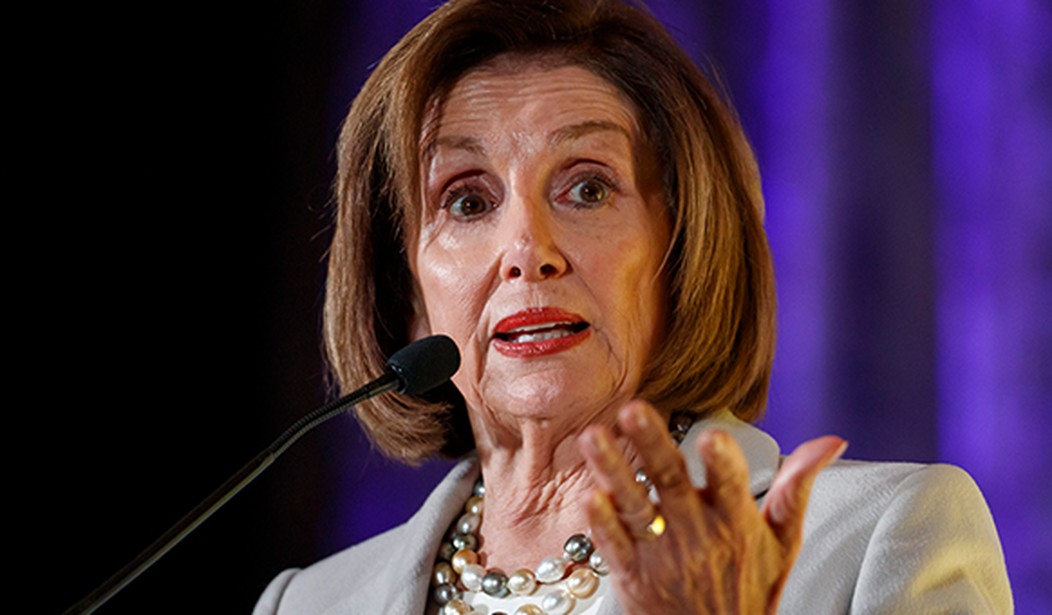The United States-Mexico-Canada Agreement (USMCA) has been stalled in Congress since Trump signed the new trade deal back in November 2018. With the holiday season upon us, it is time for Congress to finally ratify the USMCA, which replaces the decades-old NAFTA and enables small businesses to boost exports, and safeguard their intellectual property (IP).
The political climate is Washington has been filled with more partisan rhetoric and policies than previous Congresses of the past. However, this is Washington after all, and partisanship is the lifeblood of any good political debate. That being said, the USMCA isn’t a trade deal laced with partisan jargon, rather it is an agreement that both sides can harness as a bipartisan win for their constituents.
The Speaker of the U.S. House of Representatives, Nancy Pelosi (D-CA), has sat on ratifying USMCA for over a year since it was first announced by President Trump. Pelosi has yet to provide a timetable for when the House will take it up and has expressed concerns over enforcement tools, labor and environmental protections, and provisions on pharmaceuticals.
On June 19, 2019, Mexico became the first country to pass the USMCA. Canada is showing progress on this issue, while the U.S. Congress is stuck in trade negotiations with the administration.
Adding to the positive progress shown by Mexico, on May 17, the administration announced it was dropping the tariffs on steel and aluminum from Canada and Mexico. Eliminating those retaliatory tariffs levied on our North American neighbors fostered new support to the USMCA from congressional and business leaders across the country.
Recommended
As barriers are being removed and important trade talks commencing between the administration and congressional Democrats, a vote on USMCA will provide major improvements for nearly every sector of business in the U.S.
The improvements that would stem from the USMCA are vital to the U.S. economy as trade with Canada and Mexico has reached approximately $1.4 trillion last year (or $3.8 billion daily), supports roughly 12 million American jobs across every state, accounts for nearly one-third of U.S. agricultural exports, and grew U.S. services exports from $27 billion in 1993 to $91 billion in 2017.
The USMCA is needed for small business to continue to expand as the USMCA will boost economic growth by creating an avenue to ensuring U.S. businesses are guaranteed market access.
Small businesses are the lifeblood of the U.S. economy –– employing more than 58 million American workers and accounting for roughly half of the U.S. GDP. With over 31 million small businesses in the U.S., agreements like the USMCA would allow these small businesses to rapidly expand in the U.S. and globally by lowering costs while providing more certainty and opportunity.
Considering that small firms and startups invest heavily in research and development, sometimes producing more than 16-times the number of patents per employee than larger businesses –– modernizing NAFTA is imperative to strengthening our IP protections for those small firms and startups. Ensuring those businesses IP is protected will boost the U.S. economy as those small businesses will be better protected from competitors ripping off and replicating their patents, copyrights, and other IP.
As Congress continues to debate whether or not to ratify the USMCA, nearly every sector of business in the U.S. from farmers to manufacturers are urging Congress to approve the new trade deal.
Approving the USMCA is an important step to ensuring that U.S. businesses can continue to reap the benefits that good trade creates.

























Join the conversation as a VIP Member